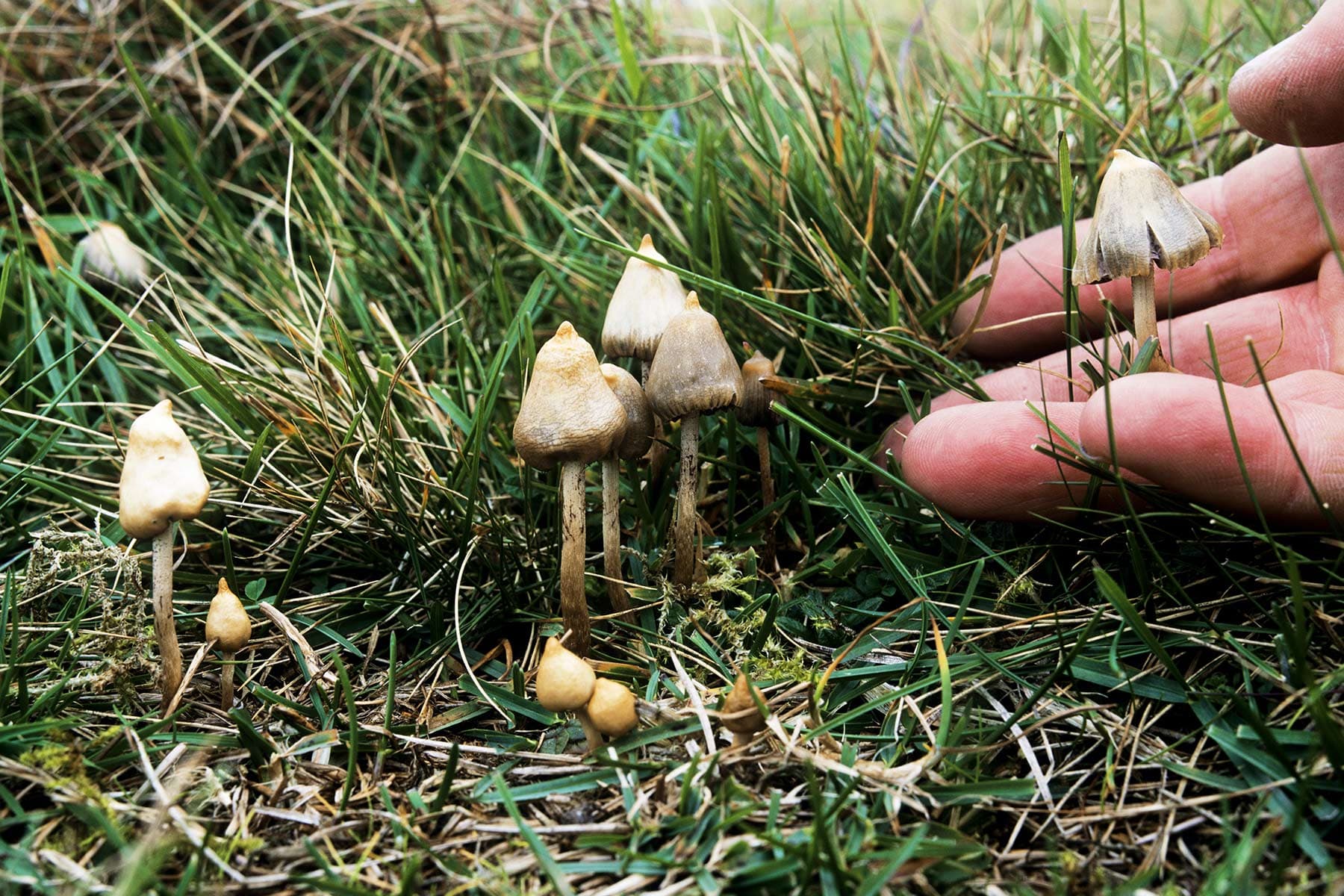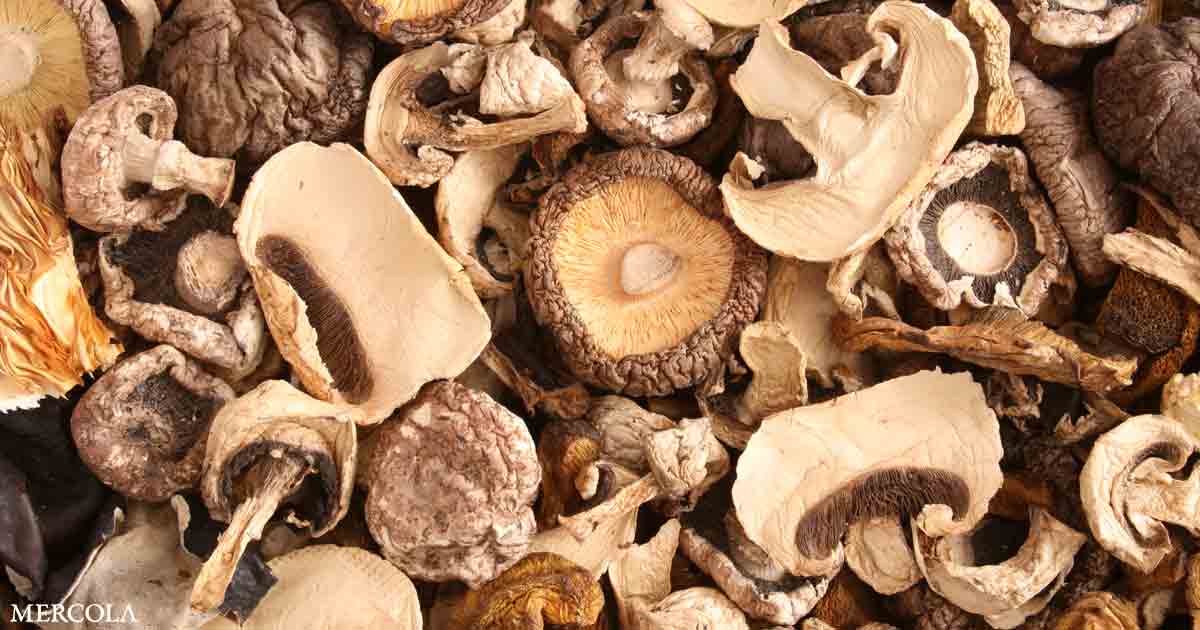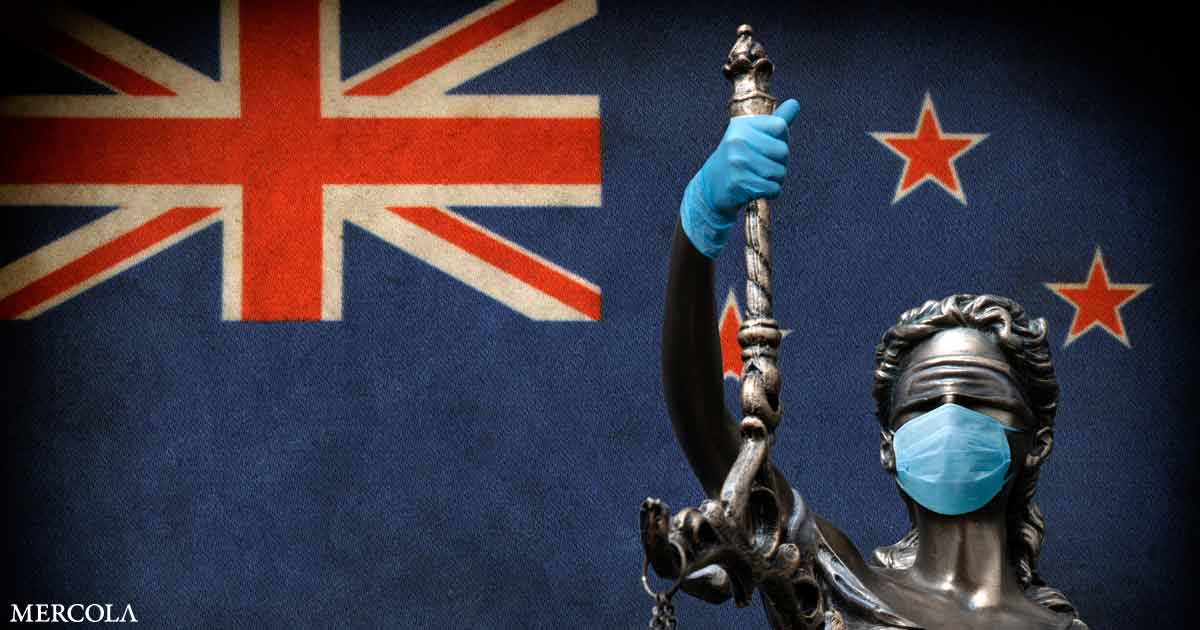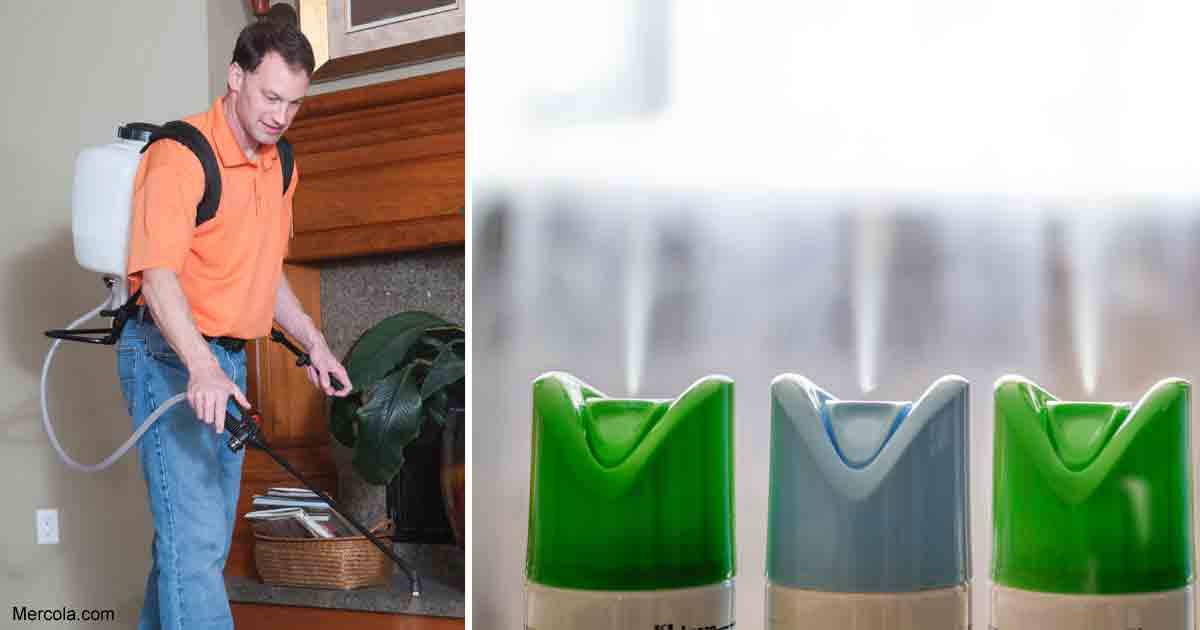
[ad_1]
HealthDay Reporter
MONDAY, Dec. 6, 2021 (HealthDay News) — Tony Head was depressed and fearing death from stage 4 prostate cancer when, as part of a supervised scientific trial, he took a large dose of the psychedelic agent in “magic mushrooms,” psilocybin.
Head donned a mask and headphones to shut out the world around him, and had an experience that changed the course of his life.
“At some point in that time I felt like a higher power or something — I didn’t see anything, I didn’t see any type of image — I felt like something connected and touched me and as soon as it did, I just started crying,” Head, an award-nominated actor who lives in New York City, said in an interview with HealthDay Now.
He said the one-time therapy helped relieve much of the anxiety surrounding his prognosis.
“I think it taught me how to live better and not worry about dying,” he added.
“I was blown away by what had just happened. It’s an unimaginable experience, at least it was for me,” Head added. “It’s something that can’t be explained, but I can tell you it is probably one of the most important things that ever happened to me.”
Psychedelic therapy focused on psilocybin has garnered much new interest lately as a potential treatment against anxiety, depression and other mental ills.
In fact, the drug is now legal for mental health treatment in Oregon, a result of a ballot initiative. The recent release of Hulu’s miniseries “Nine Perfect Strangers” has also focused fresh attention to the concept of microdosing psilocybin as a means of therapy.
Long history
It’s a field that foundered in the 1960s as psychedelic drugs became associated with the left-wing counterculture, explained Dr. Charles Grob, a professor of clinical psychiatry and biobehavioral sciences with the UCLA School of Medicine.
However, prior to that, psychedelics like psilocybin had shown “great promise” in mental health research, Grob told HealthDay Now.
“In the ’50s and ’60s, there was a period of time when psychedelics were really considered the cutting edge of psychiatric research, and there was tremendous enthusiasm,” Grob said. “There were reports of patient populations who did not respond well to conventional treatments that did very well.”
Even Hollywood leading man Cary Grant turned to psychedelics during that early period. The actor took LSD as many as 100 times under the care of a Beverly Hills doctor, according to the documentary “Becoming Cary Grant.”
“After weeks of treatment came a day when I saw the light,” Grant said in the film. “When I broke through, I felt an immeasurably beneficial cleansing of so many needless fears and guilts. I lost all the tension that I’d been crippling myself with.”
Now, a new generation of researchers are exploring the possibilities of these drugs to help people in crisis.
Head, 69, took his psilocybin trip as part of a research effort at Johns Hopkins University in Baltimore, after doctors had told him he probably had three to five years to live. Head has appeared in the HBO dramas “The Wire” and “The Deuce,” and had a small role in the 2019 movie “Joker.”
His psilocybin experience lasted for about seven hours, and during it he felt as though he had come into contact with a “higher power” existing in a place beyond death.
“The biggest thing I got out of this was it taught me how not to fear dying. I don’t fear death. I don’t want to suffer for years like that, but I don’t fear death at all,” Head said. “I think wherever death is or leads to, it’s going to be a good place.
“I think it taught me how to live better and not worry about dying,” he added.
Head says he also got everything he needed from psilocybin during his single high-dose trip.
“I have no wish to do it again. I don’t need to do it again,” he said.
[ad_2]
Source link


.jpg#keepProtocol)





